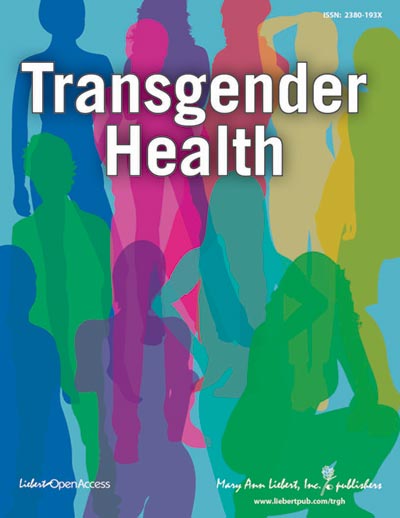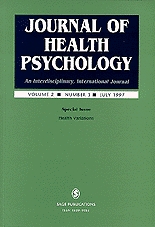Resumen
Purpose: Stigma toward transgender women (TGW) increases psychosocial vulnerability, leading to poor mental health and affecting access and retention in HIV care. Trans-sensitive health care (TSHC) has the potential to mitigate this adverse impact. This study aimed to describe baseline characteristics in gender identity stigma (GIS), mental health, and substance use among TGW living with HIV initiating antiretroviral treatment and to analyze changes after 6 months in HIV care in a TSHC clinic in Argentina. Methods: Sixty-one TGW living with HIV responded to the following questionnaires at baseline and after 6 months in TSHC: sociodemographic, experiences of GIS (in health care, police, etc.), Center for Epidemiologic Studies Depression Scale (CES-D) (depression), State Trait Anxiety Inventory (STAI) (anxiety), Drug Abuse Screening Test (DAST-10) (drug use), Alcohol Use Disorders Identification Test (AUDIT) (alcohol use), 8-item Personal Wellbeing Index-Adults (PWI-A) (quality of life [QOL]), Personality Inventory for DSM-5-Brief Form (PID-5-BF) (maladaptive personality traits), and Duke Index (social support). Analyses included Pearson correlations to analyze associations between variables; and paired sample t-tests, to explore changes between baseline and 6 months. Results: A significant proportion experienced episodes of GIS the last year in any context. At baseline, 50.8% showed significant depressive symptoms and 65.6% reported any drug use in the last year. At 6 months, participants experienced a significant reduction of GIS, both enacted and internalized, anxiety, drug, and alcohol use, and improvement in QOL. The remaining mental health indicators were not significantly modified. Conclusion: A TSHC service may have a gender-affirmative impact on TGW initiating HIV care that contributes to reduce GIS and substance use and improve mental health. This highlights the importance that HIV care programs for TGW comply with trans-sensitive essential components to enhance retention.






